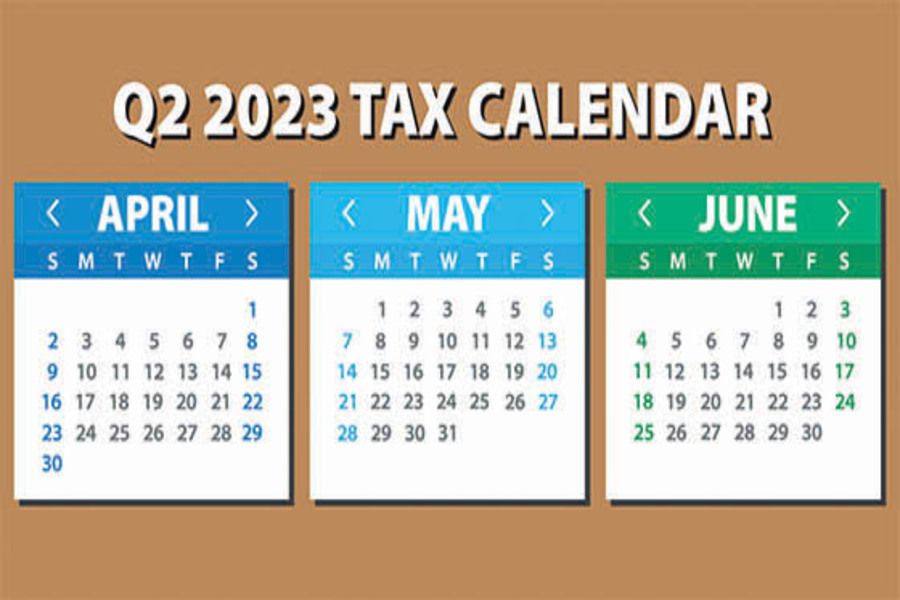If you’re the owner of an incorporated business, you know there’s a tax advantage to taking money out of a C corporation as compensation rather than as dividends. The reason: A corporation can deduct the salaries and bonuses that it pays executives, but not dividend payments. Therefore, if funds are paid as dividends, they’re taxed twice, once to the corporation and once to the recipient. Money paid out as compensation is only taxed once — to the employee who receives it. However, there are limits to how much money you can take out of the corporation this way. Under tax law, compensation can be deducted only to the extent that it’s reasonable. Any unreasonable portion isn’t deductible and, if paid to a shareholder, may be taxed...

If your business occupies substantial space and needs to increase or move from that space in the future, you should keep the rehabilitation tax credit in mind. This is especially true if you favor historic buildings. The credit is equal to 20% of the qualified rehabilitation expenditures (QREs) for a qualified rehabilitated building that’s also a certified historic structure. A qualified rehabilitated building is a depreciable building that has been placed in service before the beginning of the rehabilitation and is used, after rehabilitation, in business or for the production of income (and not held primarily for sale). Additionally, the building must be “substantially” rehabilitated, which generally requires that the QREs for the rehabilitation exceed the greater of $5,000 or the adjusted basis of the existing...
If you’re thinking about setting up a retirement plan for yourself and your employees, but you’re worried about the financial commitment and administrative burdens involved, there are a couple of options to consider. Let’s take a look at a “simplified employee pension” (SEP) or a “savings incentive match plan for employees” (SIMPLE). SEPs are intended as an attractive alternative to “qualified” retirement plans, particularly for small businesses. The features that are appealing include the relative ease of administration and the discretion that you, as the employer, are permitted in deciding whether or not to make annual contributions. SEP involves easy setup If you don’t already have a qualified retirement plan, you can set up a SEP simply by using the IRS model SEP, Form 5305-SEP. By adopting and...
If you’re starting a business with some partners and wondering what type of entity to form, an S corporation may be the most suitable form of business for your new venture. Here are some of the reasons why. A big benefit of an S corporation over a partnership is that as S corporation shareholders, you won’t be personally liable for corporate debts. In order to receive this protection, it’s important that: The corporation be adequately financed, The existence of the corporation as a separate entity be maintained, and Various formalities required by your state be observed (for example, filing articles of incorporation, adopting by-laws, electing a board of directors and holding organizational meetings). Dealing with losses If you expect that the business will incur losses in its early years,...
Here are some of the key tax-related deadlines that apply to businesses and other employers during the second quarter of 2023. Keep in mind that this list isn’t all-inclusive, so there may be additional deadlines that apply to you. Contact us to ensure you’re meeting all applicable deadlines and to learn more about the filing requirements. April 18 If you’re a calendar-year corporation, file a 2022 income tax return (Form 1120) or file for an automatic six-month extension (Form 7004) and pay any tax due. For corporations pay the first installment of 2023 estimated income taxes. For individuals, file a 2022 income tax return (Form 1040 or Form 1040-SR) or file for an automatic six-month extension (Form 4868) and pay any tax due. For individuals, pay...
It’s been years since the Tax Cuts and Jobs Act (TCJA) of 2017 was signed into law, but it’s still having an impact. Several provisions in the law have expired or will expire in the next few years. One provision that took effect last year was the end of current deductibility for research and experimental (R&E) expenses. R&E expenses The TCJA has affected many businesses, including manufacturers, that have significant R&E costs. Starting in 2022, Internal Revenue Code Section 174 R&E expenditures must be capitalized and amortized over five years (15 years for research conducted outside the United States). Previously, businesses had the option of deducting these costs immediately as current expenses. The TCJA also expanded the types of activities that are considered R&E for purposes of IRC...
Summer is around the corner so you may be thinking about hiring young people at your small business. At the same time, you may have children looking to earn extra spending money. You can save family income and payroll taxes by putting your child on the payroll. It’s a win-win! Here are four tax advantages. 1. Shifting business earnings You can turn some of your high-taxed income into tax-free or low-taxed income by shifting some business earnings to a child as wages for services performed. In order for your business to deduct the wages as a business expense, the work done by the child must be legitimate and the child’s salary must be reasonable. For example, suppose you’re a sole proprietor in the 37% tax bracket. You hire your...
Under tax law, businesses can generally deduct advertising and marketing expenses that help keep existing customers and bring in new ones. This valuable tax deduction can help businesses cut their taxes. However, in order to be deductible, advertising and marketing expenses must be “ordinary and necessary.” As one taxpayer recently learned in U.S. Tax Court, not all expenses are eligible. An ordinary expense is one that’s common and accepted in the industry. And a necessary expense is one that’s helpful and appropriate for the business. According to the IRS, here are some advertising expenses that are usually deductible: Reasonable advertising expenses that are directly related to the business activities. An expense for the cost of institutional or goodwill advertising to keep the business name before the public...
If you’re buying or replacing a vehicle that you’ll use in your business, be aware that a heavy SUV may provide a more generous tax break this year than you’d get from a smaller vehicle. The reason has to do with how smaller business cars are depreciated for tax purposes. Depreciation rules Business cars are subject to more restrictive tax depreciation rules than those that apply to other depreciable assets. Under the so-called “luxury auto” rules, depreciation deductions are artificially “capped.” Those caps also extend to the alternative deduction that a taxpayer can claim if it elects to use Section 179 expensing for all or part of the cost of a business car. (It allows you to write-off an asset in the year it’s placed in service.) These...
Many people began working from home during the COVID-19 pandemic — and many still work from their home offices either all the time or on a hybrid basis. If you’re self-employed and run your business from home or perform certain functions there, you might be able to claim deductions for home office expenses against your business income. There are two methods for claiming this tax break: the actual expense method and the simplified method. How to qualify In general, you qualify for home office deductions if part of your home is used “regularly and exclusively” as your principal place of business. If your home isn’t your principal place of business, you may still be able to deduct home office expenses if: You physically meet with patients, clients or customers on...











